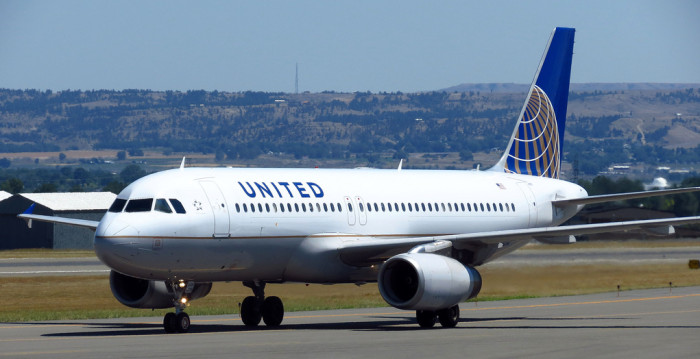United Airlines Sets an Example.
There was a time when two airlines—Pan American and United—pretty much dominated the Hawaii market, transporting most of our visitors. Recognizing their positions of leadership, both airlines had a community relations person who represented his airline at public events around town.
PanAm was the class airline of its time and genial Ernie Albrecht was their guy. Much more than their official schmoozer, however, Ernie had his ear to the ground and was alert to any problems, potential or otherwise.

I may be wrong, but I’d guess that United carried more people to and from Hawaii than PanAm did—probably a lot more—and Chuck Novak was the guy who looked after United’s best interests in Hawaii. I thought about Chuck today while reading an article in Bloomberg Business about United Airlines and how far the airline has fallen. It would have cut him to the core.
Consider this: Of all the complaints against U.S. airlines filed by consumers with the U.S. Department of Transportation in 2012, a staggering 43 percent were complaints against United Airlines. And in a Customer Satisfaction survey conducted last year among thousands of airline passengers, United finished dead last. It also came in last or close to last in every category by which airlines are rated: delays, cancellations, lost baggage, and bumped passengers. All of which proves for the umpteenth time that once things start to slide, it’s very hard to make them stop.
I remember hearing that the Japanese make such high quality automobiles because when they test a particularly important part and it finally meets exact specifications, they recalibrate their instruments so there will still be room for more improvement.
The legendary football coach, Vince Lombardi, was known to relentlessly demand perfection from his players. Lombardi acknowledged that perfection isn’t possible but, he said, if you chase perfection, you can catch excellence.
And Frank Fasi, my former boss and acknowledged as the best mayor in Honolulu’s history, told me his approach to running a big bureaucracy successfully—whether public or private: “You have to spend 10 percent of your time setting policy and 90 percent of your time kicking people in the ass to make it happen.”
It seems to me that in his final months as Amtrak’s president and CEO, Joe Boardman could do a lot of good things for the railroad and for his reputation if he adopted Frank Fasi’s approach.



